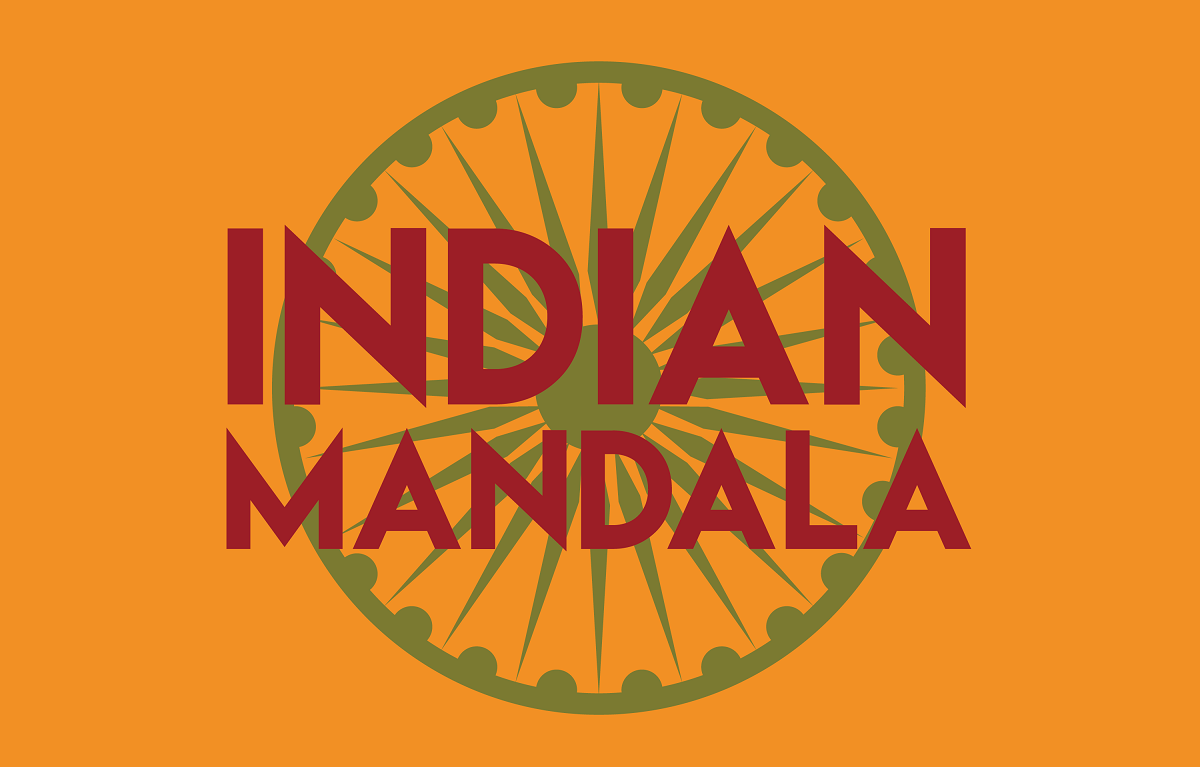India's ‘new jobs’: IT economy and the army of the unprotected
There are already 7.7 million people working in digital platform services, but it is estimated that this will triple by 2030. A recently published report notes that the vast majority of them do not receive a decent wage after deducting the expenses they have to incur to work. Some Indian states are trying to regulate the sector.
New Delhi (AsiaNews/Agencies) - Most digital platforms in India do not provide decent wages to their workers, according to the findings of the report ‘Fairwork India Ratings 2024: Labour Standards in the Platform Economy’. Released on Tuesday, the study is the sixth consecutive survey on the conditions of digital workers, revealing that those in the so-called ‘gig economy’ are unable to earn a minimum wage that allows them and their families to maintain an adequate standard of living.
The survey involved 440 workers from 11 platforms (Amazon Flex, BigBasket, BluSmart, Flipkart, Ola, Porter, Swiggy, Uber, Urban Company, Zepto and Zomato) in different cities, including Bangalore, Chennai, Delhi, Kochi and Thiruvananthapuram, analysing five key factors: fairness in wages, working conditions, contracts, management and union representation.
The number of people involved in the gig economy - in India already growing before the pandemic - is continuing to increase rapidly. According to NITI Aayog, the Indian government's economic commission, it will grow from the current 7.7 million workers to 23.5 million by 2029-30. Trends indicate an expansion in various sectors (from transport to finance to personal welfare), with labour force participation ranging from 5% to 12%. These are not only riders and delivery boys hired for deliveries, but also self-employed engineers and IT experts, who account for 30% of the casual labour market, according to the portal foundit.com.
According to other reports, Uber has more than 1 million drivers in India, while Zomato, a well-known home delivery app, claims to have more than 350,000 partners in the country. Although BigBasket and Urban have introduced an hourly minimum wage policy, no platform ensures that workers receive a decent wage net of the expenses they incur to work, the Fairwork India report points out. Some Indian states, however, have started to regulate the sector. Rajasthan, for example, was the first to introduce a law on gig economy workers, with the ‘Platform Based Gig Workers (Registration and Welfare) Act’, passed on 24 July 2023. This is a law that allows payments to be monitored through aCentral Transaction Information and Management System. Karnataka has also drafted a similar law to protect the rights of the self-employed, providing additional protections not provided by platforms, such as a complaints system and a social security fund funded by government contributions.
The report also found that platforms such as Amazon Flex, BigBasket, BluSmart, Swiggy, Urban Company, Zepto and Zomato have taken measures to reduce work-related risks by providing safety equipment and regular training. However, only five platforms - BigBasket, Swiggy, Urban Company, Zepto and Zomato - offer accident insurance at no extra cost to workers and compensation for loss of income due to medical reasons.
None of the platforms also showed any willingness to recognise workers' collectives or trade unions. ‘Despite numerous instances of worker protests and strikes across the country and legislative changes that have affected the platform economy over the years, platforms in India refuse to formally recognise or negotiate with workers‘ collectives,’ the survey states.
‘This year we have seen an increasing focus of gig economy workers‘ welfare in policy manifestos and legislative initiatives,’ researchers Balaji Parthasarathy and Janaki Srinivasan told Scroll. ‘However,’ they added, ’as the implementation of these efforts remains uncertain and platforms are redefining the boundaries of benefits, research and advocacy to improve conditions for casual workers remain crucial.
INDIAN MANDALA IS THE ASIANEWS NEWSLETTER DEDICATED TO INDIA. WOULD YOU LIKE TO RECEIVE IT EVERY FRIDAY? TO SUBSCRIBE, CLICK HERE.
07/02/2019 17:28
11/08/2017 20:05







.png)










